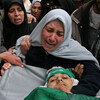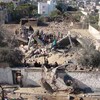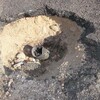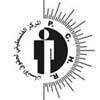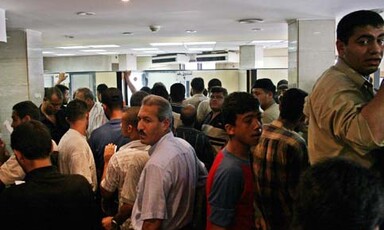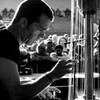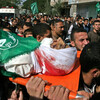
Red Cross deplores the deaths of two paramedics in Gaza
6 November 2006
The International Committee of the Red Cross (ICRC) deplores the death on 3 November of two Palestine Red Crescent Society (PRCS) paramedics in the Gaza Strip and is deeply shocked and saddened by this event. The two died from injuries received while performing their life-saving humanitarian work during a military operation of the Israel Defense Forces (IDF). The ICRC is appalled by this failure to protect personnel engaged in emergency medical duties. The individuals concerned and their means of transport were clearly marked with a distinctive emblem conferring the protection of the Geneva Conventions. Read more about Red Cross deplores the deaths of two paramedics in Gaza
